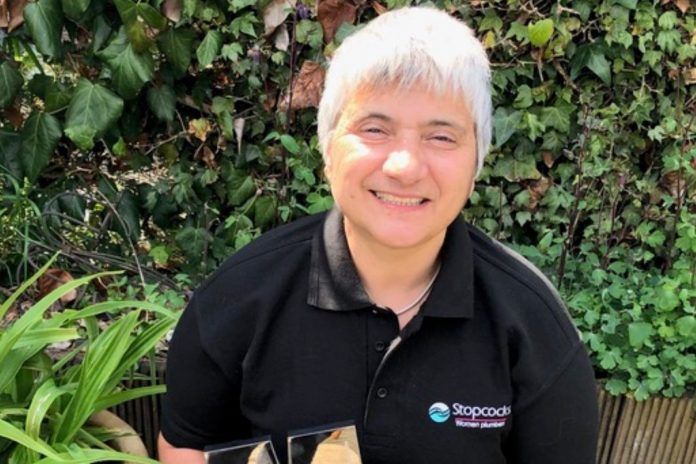
In response to the lack of women and other under-represented groups in the building services engineering sector, leading Awarding Organisation (AO) LCL Awards has launched an Inclusivity Charter for its centres.
The charter is to encourage them to take steps to make their training facilities welcoming places, with flexible course options to suit people from all walks of life.
The charter has been developed with Hattie Hasan, founder of all-female plumbing business, Stopcocks Women Plumbers, who recently received an MBE for her services to women in the plumbing and heating industry.
Hattie also introduced the Register of Tradeswomen last year, a not-for-profit organisation that connects householders with tradeswomen and helps survivors of domestic abuse to get into skilled trades.
Officially launched to LCL Awards centres at the end of April, those that sign up to the charter must first review where they are in-terms of inclusivity – from not tolerating offensive language, to developing courses which can be delivered online and/or in the evening and at weekends to suit the needs of parents as well as people fitting training in around the day job.
This ‘Inclusivity Charter Checklist’ will form part of LCL Awards’ auditing process, which all its accredited centres must complete annually.
Hattie Hasan, said: “Training is the first step in most people’s careers, so getting this bit right in terms of ensuring people feel they can move into a sector that might not be considered ‘the norm’ is crucial. This is why I was so keen to work with LCL Awards when they approached me.
“Having experienced first-hand sexism and ignorance when it comes to being a ‘female plumber’, making a difference at this grass roots level should have real impact. If women and other under-represented groups have a good experience in the training centre, they will start their careers with more confidence. An inclusive environment increases diversity in training centres, LCL Awards centres can attract more learners from more different backgrounds and help to dispel myths that trainees may have too.”
